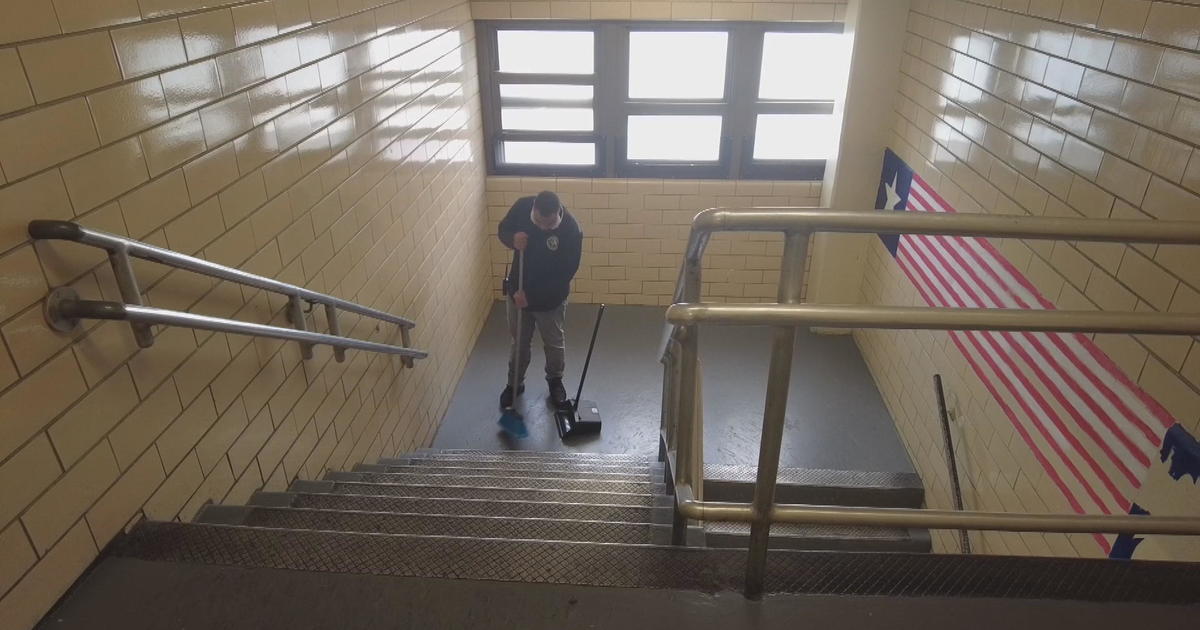3 On Your Side: Preparing For Pet Emergencies
PHILADELPHIA (CBS) - An emergency situation with your pet can arise quickly and unexpectedly. Obviously you need to act fast for the safety of your pet but that doesn't meant you should panic.
In this week's Angie's List, Jim Donovan explains how planning ahead is key when it comes to pet emergencies.
Our pets are a big part of our family which is why it's important to figure out where you'll turn if they need emergency care.
"All to often what happens if there is a problem is that we panic and we go to the nearest place we can find that's open. That's a bad idea. We should check out clinics ahead of time that are open 24 hours. That way we are ready in case of an emergency," said Angie's List founder, Angie Hicks.
Once you've chosen an emergency clinic, it's a good idea to have your regular vet fax your pet's medical records to the clinic and keep a copy for yourself.
And remember, emergency vet care can be very expensive ranging from a couple hundred dollars to several thousand dollars.
"Taking care of your pet's medical bills can be expensive. Some pet owners consider getting pet insurance, but if you do, make sure you read the fine print. Also, others have found it helpful to pen a pet savings account. That way it takes the stress out of situations that come up," said Hicks.
More advice from Angie on preparing for pet emergencies:
Prepare for an emergency: Find a highly rated emergency care clinic that's open 24 hours a day before you need it. Keep the phone number handy, along with that of your regular vet. When searching on Angie's List, check whether a veterinary office's profile lists emergency services.
Ask about training/credentials: Although specialty training is not required to administer emergency and critical care, some veterinarians pursue internships or residency programs to obtain additional experience. Some also become Diplomats of the American College of Veterinary Emergency and Critical Care, which requires an additional three years of intense training in treating life-threatening conditions after receiving a Doctorate of Veterinary Medicine.
Keep records: Once you choose an emergency vet have your regular vet fax your pet's medical records to the clinic and keep a copy for yourself. When seeking emergency treatment, be prepared to communicate any underlying health conditions your pet has and any medications your pet takes.
Do you need a specialist? If follow-up care is needed, your provider should be able to recommend other certified specialists, such as those trained in ophthalmology, or other fields of veterinary medicine. After you receive a diagnosis and a referral, shop your options for continuing vet treatment if time allows.
Invest in your pet's health: Emergency care can be quite costly due to factors like round-the-clock staffing, and state of the art technology. The cost for care varies depending on the care, but most require a fee for the initial exam and some require payment before treatment. Several companies offer pet health insurance policies that can help offset the cost of emergency care, but be sure to read the fine print. Another option is to open a savings account for your pet's vet expenses.
Know the signs: Pet owners should use their best judgment when deciding whether to take a pet to the emergency room. Obvious signs that care is needed include an inability to go to the bathroom, immobility, frequent vomiting, diarrhea, seizures, or bleeding.
Regular checkups: Routine veterinary checkups can help prevent costly emergency visits.
Reported By Jim Donovan, CBS 3



